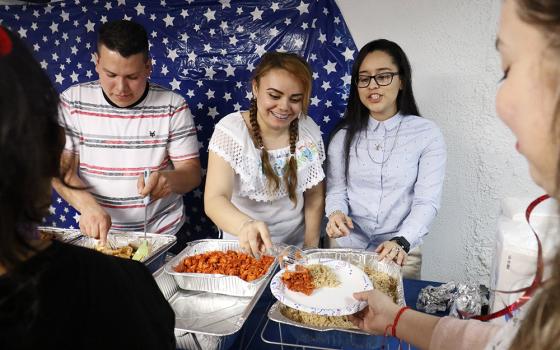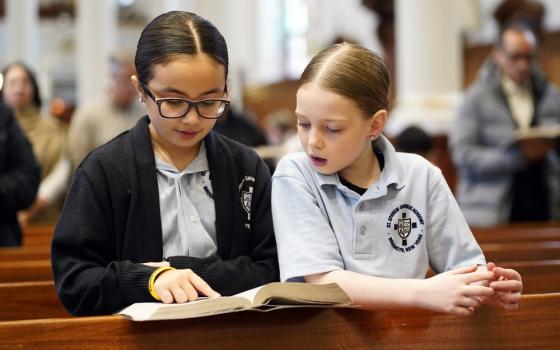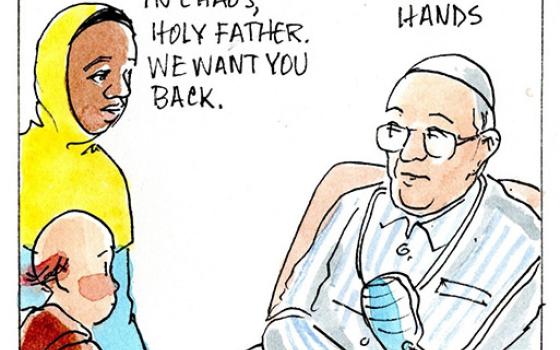WASHINGTON -- The U.S. Catholic Bishops said Thursday (March 26) that Catholic chaplains, health care facilities and retreat centers should not promote or support Reiki therapy, a Japanese alternative healing practice.
Reiki "finds no support either in the findings of natural science or in Christian belief," the U.S. Conference of Catholic Bishops Committee on Doctrine said in six pages of guidelines.
"For a Catholic to believe in Reiki therapy presents insoluble problems," said the committee, which is chaired by Bishop William Lori of Bridgeport, Conn.
Sr. Mary Ann Walsh, a spokeswoman for the bishops' conference, said that over the last 18 months a number of bishops have asked the doctrine committee to evaluate the use of Reiki and make a judgment on its suitability for Catholic institutions.
About 2 million Americans have used Reiki, according to a 2002 survey by the National Center for Complementary and Alternative Medicine. Practitioners believe that a salutary life energy flows through the body and fosters well-being, the center said. The energy is often transmitted through experienced Reiki practitioners who lightly touch or place their hands above the patient's body.
But the bishops said "Reiki lacks scientific credibility" and "has not been accepted by the scientific and medical communities as an effective therapy."
The Japanese practice differs from Christian faith healing because "the healing power is at human disposal," the bishops said. In contrast, "for Christians the access to divine healing is by prayer to Christ as Lord and Savior."
Moreover, practicing Reiki puts Catholics' spiritual health in danger, the bishops said, by corrupting worship of God and turning religious devotion "in a false direction."
"A Catholic who puts his or her trust in Reiki would be operating in the realm of superstition," the bishops said, "the no-man's-land that is neither faith nor science."


